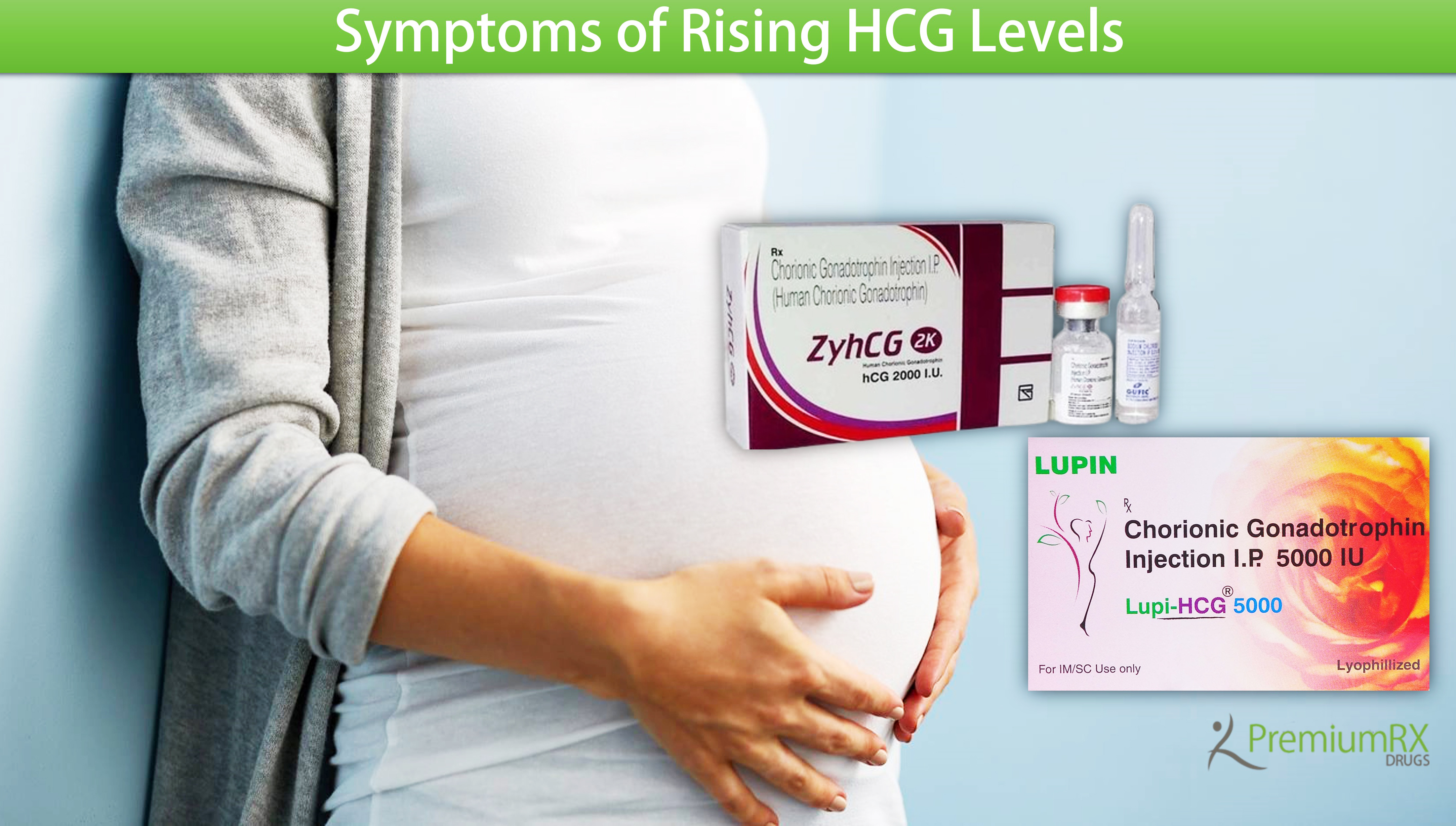Many pregnant women are confused about high HCG levels and what that means. HCG, or Human Chorionic gonadotropin hormone, is crucial for pregnancy. It can be detected in the urine and bloodstream. The hormone can be very important, especially in early pregnancy, for a woman who has conceived, but it is not very interesting to those who haven’t.
HCG – An Overview
After the fertility treatment, many women get impatient to determine if pregnancy has been established. Women may experience light spotting, nausea, sore breasts, and mood swings for the initial two weeks. These signs could indicate an increase in an important hormone called human chorionic gonadotropin (HCG). The placenta releases this hormone during pregnancy. It is crucial because home pregnancy tests essentially work by measuring levels of HCG in a woman’s urine. Within a day of implantation, the concentration of HCG increases by 50% every day. According to some research studies, this increase can lead to early pregnancy symptoms of nausea and morning sickness. About 11 to 14 days after implantation, a woman’s HCG levels are high enough to begin causing early pregnancy symptoms. Some of these might include food cravings, fatigue, gastrointestinal changes, and darkening in the color of the nipples. When a woman experiences these signs, a pregnancy home test may appear positive. However, the concentration of HCG can vary, so a pregnancy test may not always be accurate this early.
When does HCG cause symptoms?
It takes around two weeks after conception for HCG to be detected in a pregnancy test. Low HCG levels are found in a woman’s blood 8 to 11 days after conception. HCG concentration in early pregnancy is highest towards the end of the first trimester before it drops over the rest of the pregnancy. The levels of hormones can vary at different times of the day and from week to week. Some females seem to be sensitive to the effects of HCG and feel symptoms earlier in pregnancy. The hormone levels can vary between women if they carry more than one embryo. In general, the concentration of HCG doubles every 72 hours. The hormone levels peak in the first 8 to 11 weeks of pregnancy and then decline for the next two trimesters. This is why symptoms can be strong in the first trimester (the initial three months of pregnancy).
What to understand about HCG?
- Levels of HCG in the bloodstream can give a general idea about pregnancy and the baby’s health.
- Rising levels could also indicate the presence of more than one baby, for example, twins or triplets.
- Low levels can indicate an ectopic pregnancy or pregnancy complications and perhaps the baby’s development.
- Hormone levels can also be affected by abnormal tissue growth in the ovaries or uterus and some types of cancer.
How long does HCG rise?
Besides simply informing the body that pregnancy has occurred, the HCG hormone is responsible for maintaining the endometrium, which is necessary for causing a pregnancy. However, the placenta maintains the endometrium in the second trimester without help. This means that during the second trimester, women’s level of HCG drops once again.
How do you know if you are pregnant?
The most common early symptom of pregnancy is a missed period. Other symptoms might include nausea, bloating, or mood swings. Women who have had fertility treatment should not take pregnancy tests for the first two weeks after therapy. Although pregnancy tests are usually accurate, there is a chance of false-positive and negative tests, significantly increasing a woman’s stress.
The bottom line
Determining what constitutes a high HCG level can be tough because the normal range of hormone levels in early pregnancy is wide, and the levels can rise and drop at different rates. If you are experiencing any usual symptoms during pregnancy or your health care specialist is concerned about your HCG levels, they may re-check the concentration of HCG in two or three days to see if it has changed.
Marie
Latest posts by Marie (see all)
- Revize Micro Gel 0.025% | Uses, Price, Side effects - April 9, 2025
- What is Evalon Cream: How to Apply, Benefit, who Can Use - April 4, 2025
- Understanding Avanair 200 mg: A Comprehensive Guide - April 4, 2025




